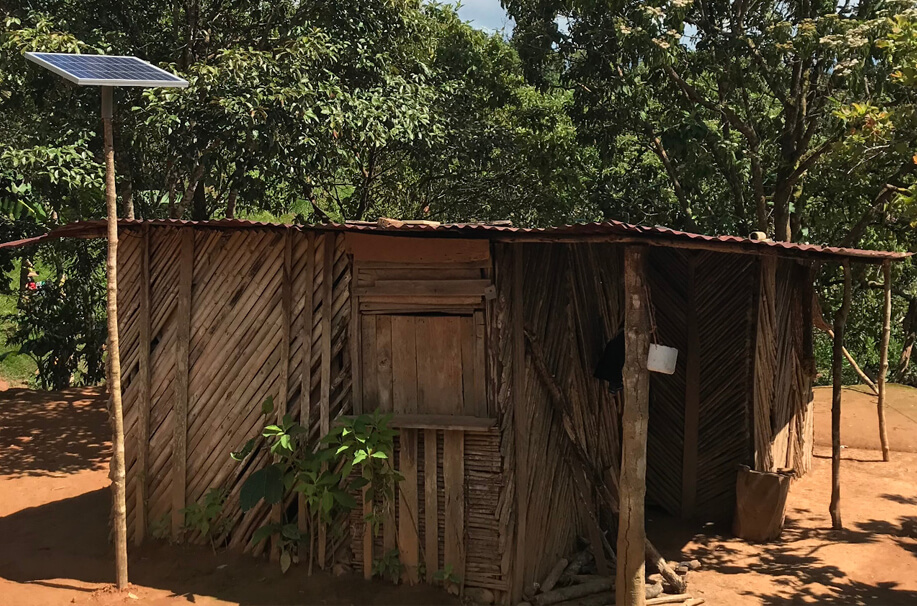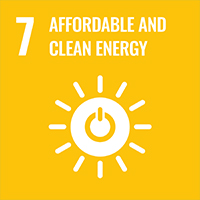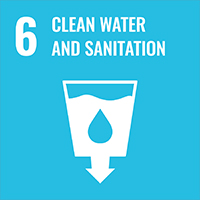Figures that give us motivation
11 %
of the population lacks access to safe drinking water
18 %
of the population has to travel to access drinking water
30 %
of the population does not have proper sanitation facilities
15.5 %
of the population does not have access to electricity
13 %
of the population has access to electricity without guaranteed service
40 %
of the population cooks with firewood, charcoal, manure or coal
Creation of the Foundation
Originally under the name of ACCIONA Microenergía Foundation, the foundation was created with the aim of channelling ACCIONA's social action into access to basic services in developing countries. As a corporate foundation, our activity focuses on our strategic lines, promoting access to basic energy, water and infrastructure services.
The foundation promotes and directs cooperation projects, which it also disseminates, through various forums and global initiatives, with the aim of making society aware of the lack of access to these services in the world.
PERU
The Luz en Casa programme is launched in Cajamarca, the department with the highest rates of poverty and lack of electricity in Peru, with the objective of demonstrating that it is viable, sustainable and affordable to bring quality basic electricity services to low-income households in isolated and dispersed rural communities.
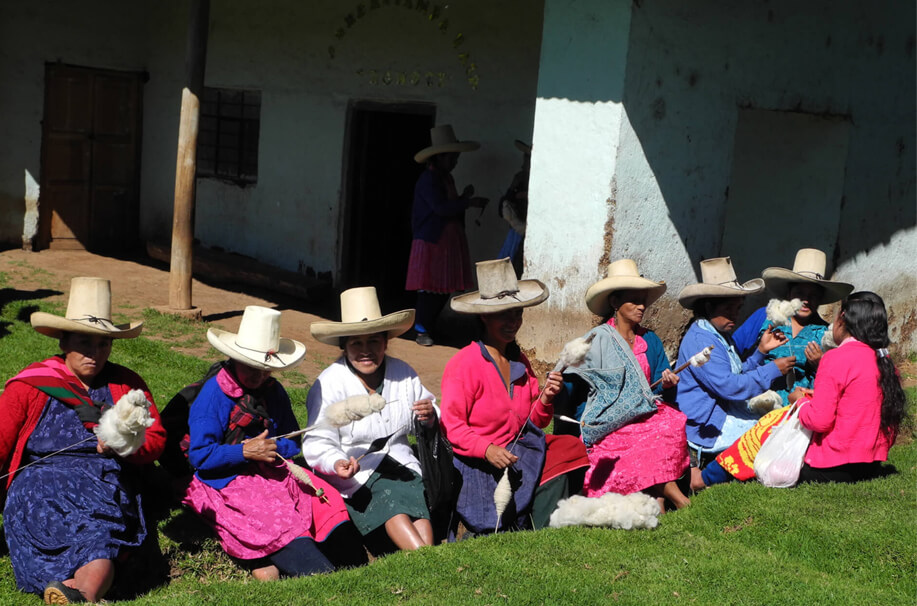
MEXICO
The EncASa Oaxaca programme (Spanish acronym for energy with water and sanitation) is launched with the aim of improving the living conditions of Oaxacan households in small rural communities living in poverty and extreme poverty by distributing third-generation home photovoltaic systems (SFD3G) to provide basic electricity services and access to safe drinking water and proper sanitation.
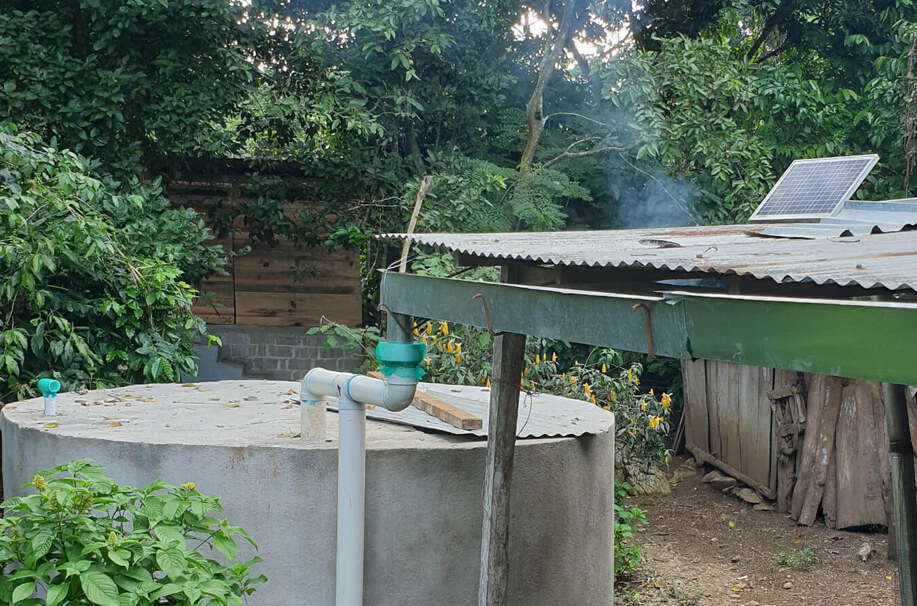
ETHIOPIA
The "Access to energy in refugee camps in the Shire region (Ethiopia)", project was launched, in which acciona.org, with the collaboration of a group of ACCIONA volunteers, analysed the possible application of a biodigester that uses organic waste in the camps to generate biogas for cooking as an alternative to the electric stoves and wood biomass that the population regularly uses. In 2017, a pilot was carried out to improve electricity and lighting distribution networks in one of the camps.
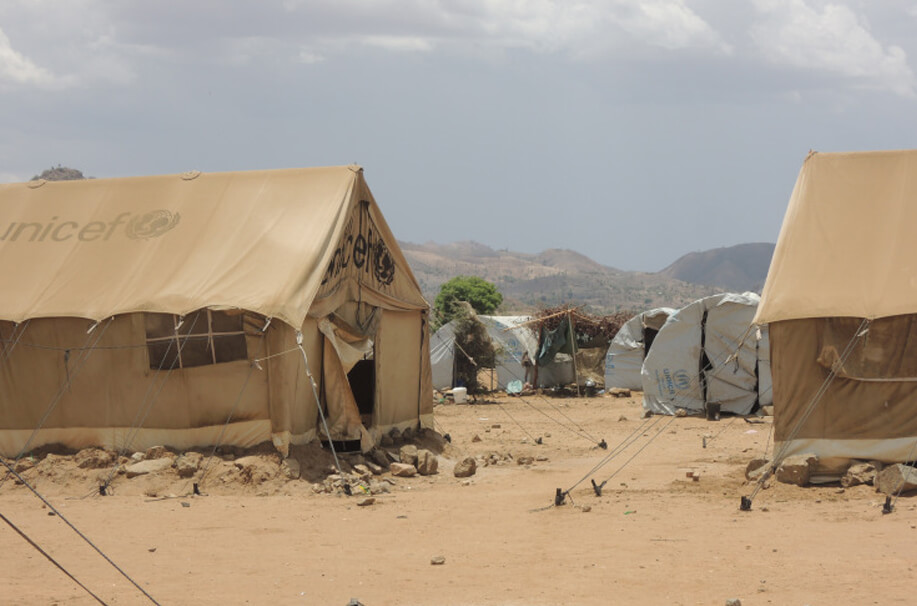
PANAMA
In partnership with AECID, we implemented the Ngäbe-Buglé Home Lighting Pilot, beginning with developing intensive work with national, regional, local and indigenous authorities, as well as with the pre-identified communities themselves, to present our electrification proposal and adapt the service delivery model to the specific environment. With approval for intervention by the Ngäbe-Buglé Indigenous Council, we gave electricity access to 400 indigenous families who save an average of 30 % of their typical energy expenditure for lighting and communication.
